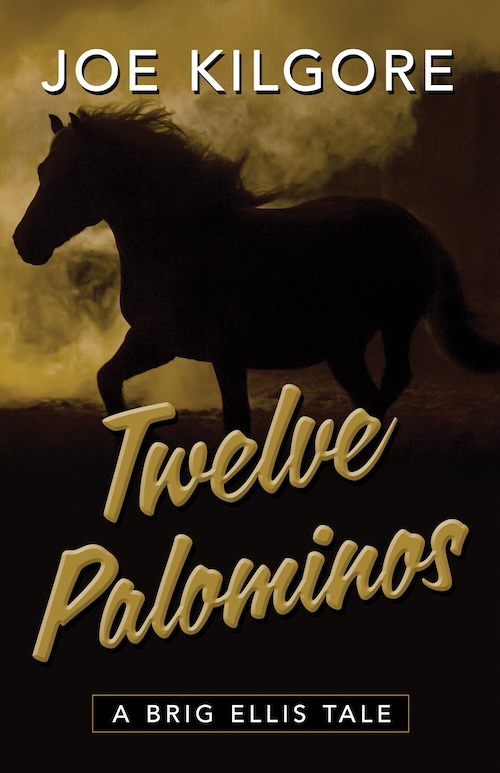Lots Of Light In These Shadows
Wednesday, September 23rd, 2009In The Shadows Of The Sun, by Alexander Parsons, paints a searing portrait of man, not only against the elements, but also against his fellow man in parallel stories that separate time and place but intertwine the binds to home, family and each other that tug at us all.
Parson takes us along on the Bataan Death March with a young man struggling both to survive and to continue desiring to do so. His realistic portrayal of this inhumanly brutish chapter of World War II is stunning in its ability to evoke hideous conditions with tantalizingly soothingly prose.
The young man’s family, back in the New Mexico badlands, are struggling to hold onto each other, their way of life, the very soil they’ve labored over and loved for generations. The same unforgiving sun that shines on the Philippine jungle, shines on the American west. None of us can escape it.
Parson’s hero lives to return to his family. But that’s certainly not the end of either story. Reunion, while exhilarating, is only a temporary substitute for the broken dreams that separated them in the first place. And overcoming one battle, is no guarantee of victory in another.
In The Shadows Of The Sun takes you back to a war and its aftermath that we were all foolish enough to believe would make the world right for all mankind. The trials of those who bore the brunt of that war, both stateside and abroad, give us reason to hope we’ll overcome the tribulations that beset us. That’s one of the rewards of Parson’s novel, but it’s far from the only one.
If, like the Fiction Fortune Hunter, you revel in the opportunity to be swept away to times and places not like our own, yet similar in the hopes and fears and dreams and wonder that affect us all, find and read Alexander Parsons’ In The Shadows Of The Sun. You just may see your own reflection there.
